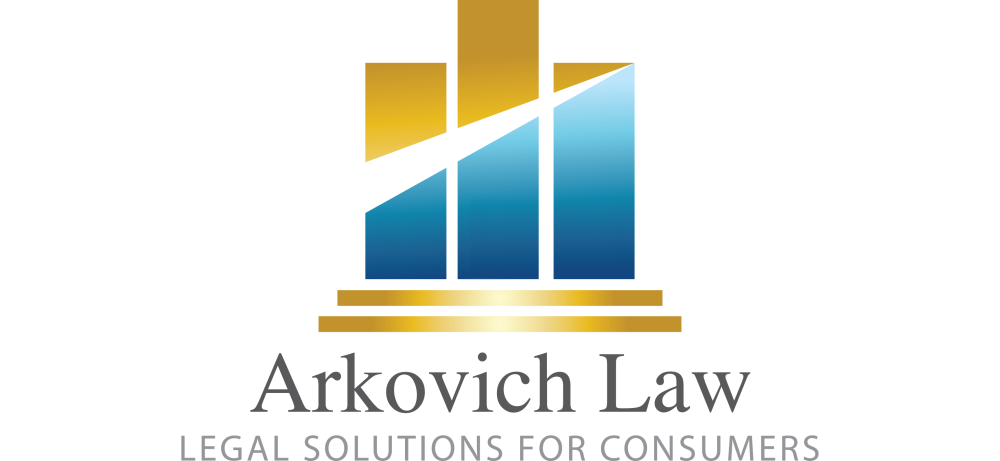Receiving a Bankruptcy Discharge in St. Paul, MN
A bankruptcy discharge is the statutory forgiveness of liability for the balance of a debtor’s obligations that are not reaffirmed or otherwise satisfied in a bankruptcy case. For most debtors, the bankruptcy discharge is the primary reason and motivation for filing for bankruptcy. The bankruptcy discharge promotes the fresh-start policy of the United States bankruptcy laws. It frees honest debtors from financial burdens. The receipt of a bankruptcy discharge is a privilege that is subject to limitations that balance the fresh start against other policies served by the Bankruptcy Code.
The bankruptcy discharge applies only to debts. Under the Bankruptcy Code, a “debt” is defined to mean liability on a “claim,” which is broadly defined to include only debts that were or could have been asserted in the bankruptcy case. 11 U.S.C.§ 101(5), (12). A “claim” encompasses most obligations, including those that are disputed, contingent, or unliquidated at the time the bankruptcy case is filed. As a general proposition, the bankruptcy discharge only covers pre-petition debts, debts that were incurred by the debtor prior to the filing of the bankruptcy case. Post-petition debts, debts incurred after a bankruptcy case is filed, are not affected by the bankruptcy discharge. 11 U.S.C. § 727(b). A bankruptcy discharge eliminates a debtor’s personal liability for pre-bankruptcy debts. 11 U.S.C. § 524(a). A bankruptcy discharge voids personal liability on judgments, as well as precludes the start of any action to collect a debt from the debtor. A court may enforce the protections afforded by the bankruptcy discharge and sanction violations by the exercise of its civil contempt powers. However, a bankruptcy discharge does not terminate any liens on a debtor’s property. Even after a debtor receives a bankruptcy discharge, a valid lien may be enforced against assets serving as collateral for the debtor’s debt. The bankruptcy protections the discharge affords to a debtor are personal to the debtor. Therefore, the liability of a party that is jointly liable for a debt, such as a co-debtor or a guarantor, is not affected by the grant of a bankruptcy discharge to the debtor.
CALL NOW FOR A FREE STRATEGY SESSION FROM A MN BANKRUPTCY LAWYER AT LIFEBACK LAW FIRM
To learn about the differences between a Chapter 7 and a Chapter 13 bankruptcy discharge, come visit us at our new location in St. Paul, MN, or at our website at LifeBackLaw.com!







